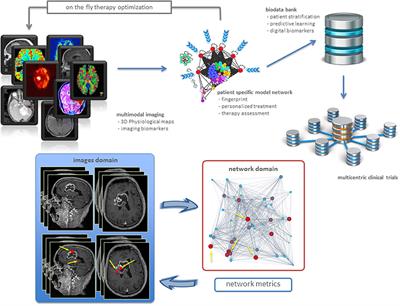ORIGINAL RESEARCH
Published on 26 Apr 2017
Proteomic Analysis Reveals Autophagy as Pro-Survival Pathway Elicited by Long-Term Exposure with 5-Azacitidine in High-Risk Myelodysplasia

doi 10.3389/fphar.2017.00204
- 2,906 views
- 21 citations
20k
Total downloads
91k
Total views and downloads
You will be redirected to our submission process.
ORIGINAL RESEARCH
Published on 26 Apr 2017

ORIGINAL RESEARCH
Published on 28 Mar 2017

ORIGINAL RESEARCH
Published on 13 Feb 2017

PERSPECTIVE
Published on 23 Jan 2017

MINI REVIEW
Published on 06 Jan 2017

MINI REVIEW
Published on 16 Dec 2016

ORIGINAL RESEARCH
Published on 30 Nov 2016

OPINION
Published on 29 Nov 2016

CORRECTION
Published on 22 Nov 2016
ORIGINAL RESEARCH
Published on 15 Nov 2016

ORIGINAL RESEARCH
Published on 07 Nov 2016
![A Pyrazolo[3,4-d]pyrimidine Compound Reduces Cell Viability and Induces Apoptosis in Different Hematological Malignancies](https://www.frontiersin.org/files/myhome article library/233908/233908_Thumb_400.jpg)
MINI REVIEW
Published on 01 Nov 2016

